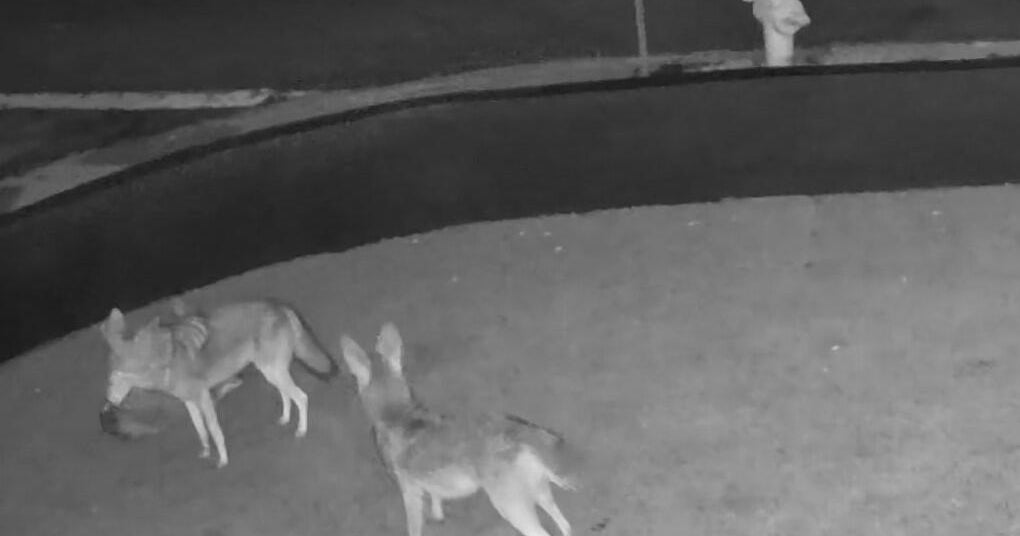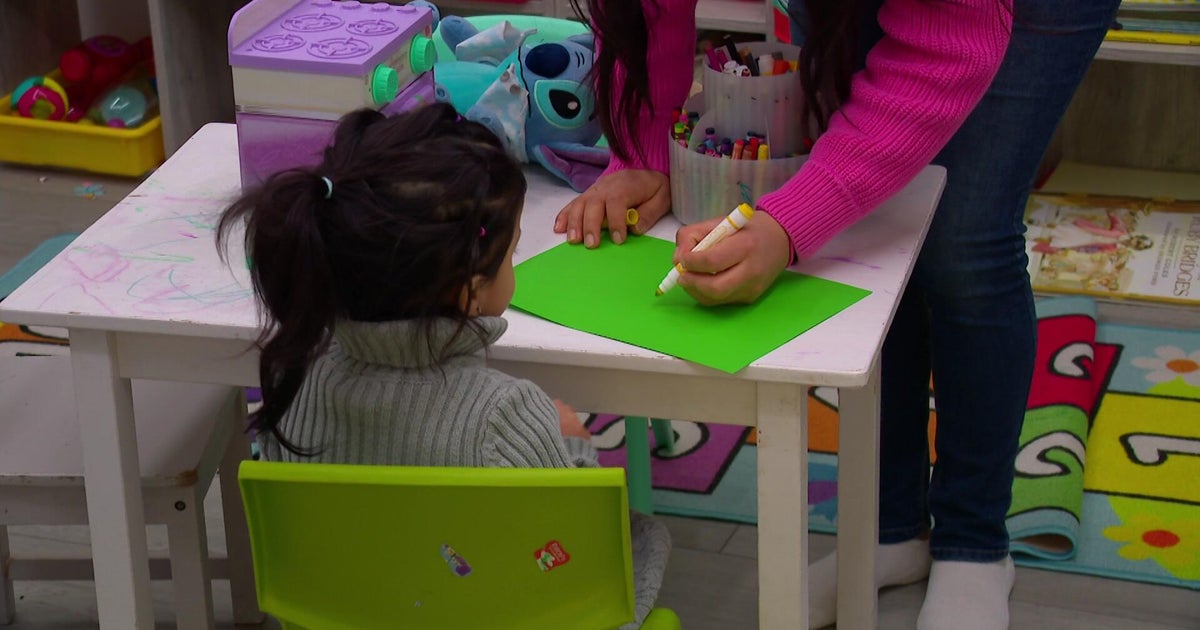Reality TV show's challenge: Go vegetarian or eat your pet
A new British television show is raising the stakes in order to shine a light on the environmental impact of eating meat.
"Meat the Family," as the program is called, is part reality TV, part social experiment, and explores, as its tagline suggests, "What happens when your dinner comes to stay." It follows four meat-eating families as they spend time interacting with the animal that most frequently appears on their dinner plates.
As promotional material for the show describes the premise: "They treat the new arrival like a beloved pet – taking it for walks and playing with it – in a bid to understand its intellectual and emotional capacity, and to see if living with it makes it less palatable to eat!"
The stars of the show live with and care for farm animals, including chickens, sheep, pigs and cows, for three weeks before facing an ultimatum: Go vegetarian and send the animal to a sanctuary, or kill — and eat — their newest family member. The families also learn about farming and production and the impact of meat consumption on the environment and their own health.
"Could you go back to meat once you've put a name and a face to a meal?" the show asks.
Its makers tout the show as a "life-changing, emotional experiment" that raises awareness around the consequences of meat eating and animal welfare.
The meatless movement has gained momentum as experts shine a light on the environmental toll of meat consumption. A 2019 United Nations report found that agriculture, forestry and other land uses produce nearly half of the world's methane emissions — a greenhouse gas that also comes from cows. Eating more plant-based foods can conserve land that would otherwise be used to graze animals and mitigate climate change, some experts think.
A Nielsen survey shows that 39% of Americans are trying to eat more plant-based foods.
Mark Ogle, a spokesman for the series, produced by Britain's Spun Gold TV and commissioned by the U.K.'s Channel 4, wouldn't offer clues about the choices participants made after getting up close and personal with animals they ordinarily eat. But he told CBS MoneyWatch that "it's fair to say all the families learned a lot more about the meat processing industry and food chain, which made them all think about their eating and purchasing habits."





